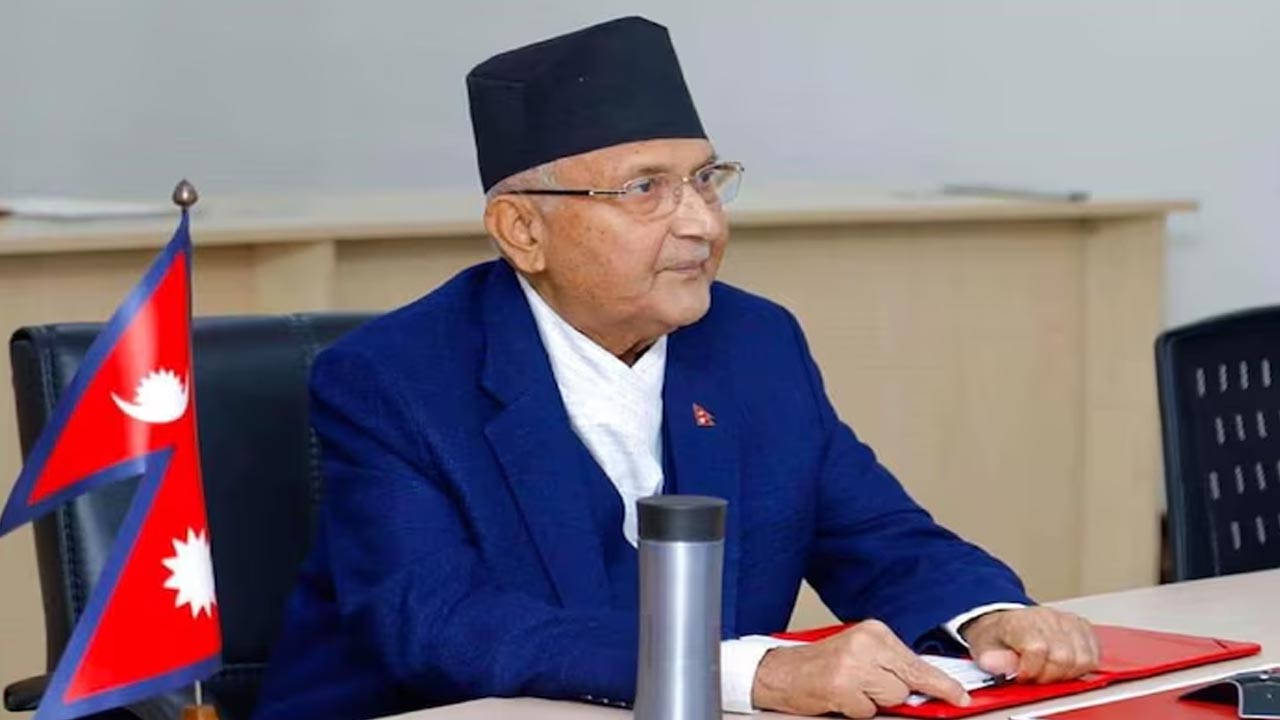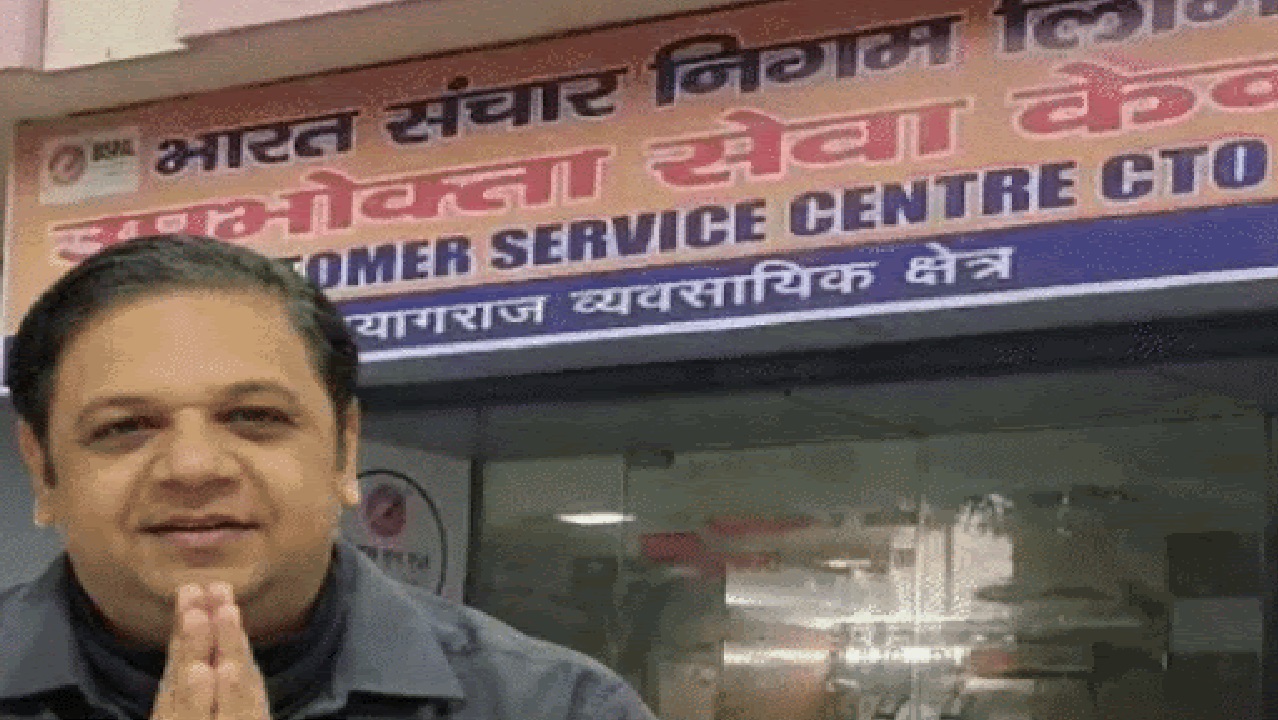Prachanda Resigns After Losing Trust Vote
Pushpa Kamal Dahal, known as Prachanda, resigned as Prime Minister of Nepal after losing a vote of confidence in Parliament. This was his fifth trust vote, reflecting ongoing political instability in the Himalayan nation. Following Prachanda’s resignation, KP Sharma Oli of the Communist Party of Nepal (Unified Marxist–Leninist) staked his claim to become Prime Minister once again.
Oli’s Bid for Prime Minister
On Friday, Oli sought to form a new majority government, presenting his case to President Ramchandra Paudel. Oli secured support from 165 lawmakers, including 77 from his own party and 88 from the Nepali Congress. Fringe parties like the Janata Samajbadi Party (JSP), JSP-Nepal, Loktantrik Samajbadi Party, Janamat Party, and Nagarik Unmukti Party also showed favor towards the Congress-UML coalition.
Formation of New Government
Ramesh Lekhak, chief whip of the Nepali Congress, stated, “We have staked a claim for the new government before the President. Now, it’s up to him to decide when to make the appointment.” Oli is expected to become Prime Minister for the third time, having previously served from 2015-2016 and 2018-2021. The combined strength of the Nepali Congress (89 seats) and CPN-UML (78 seats) in the House of Representatives far exceeds the 138 required for a majority.
Prachanda’s Trust Vote Defeat
Prachanda lost the vote of confidence on Friday, receiving just 63 votes out of the 275-member House of Representatives, where 138 votes were needed. There were 194 votes against him, with several parties issuing a whip to stand against the confidence motion. Prachanda had been leading a shaky coalition since December 2022 after an inconclusive election.
The Coalition Agreement
The agreement between Oli’s CPN-UML and the Nepali Congress aimed to form a national consensus government to replace Prachanda. Under the deal, Oli will serve as Prime Minister for 18 months, followed by Nepali Congress leader Sher Bahadur Deuba for the remaining term until the next election. During Oli’s tenure, CPN-UML will control key ministries, including Finance, while the Nepali Congress will oversee ten ministries, including Home.
Implications for India
Oli is known for his pro-Beijing stance. In 2019, he claimed that areas of Lipulekh, Kalapani, and Limpiyadhura were part of Nepal, causing a major dispute with India. In May 2020, Nepal’s Parliament passed a constitutional amendment incorporating these areas into Nepal’s national emblem, further straining relations.
The bilateral ties between India and Nepal soured after Indian Defence Minister Rajnath Singh inaugurated a road connecting the Lipulekh pass with Dharchula in Uttarakhand. Nepal claimed the road passed through its territory, which India denied. Despite this, relations began to improve in late 2020 with high-level visits and dialogues.
Oli’s potential return as Prime Minister could have significant implications for Nepal’s domestic politics and its relations with neighboring countries. His tenure will be closely watched for how he navigates the political landscape and addresses issues related to governance, international relations, and economic development.
(With inputs from agencies)








